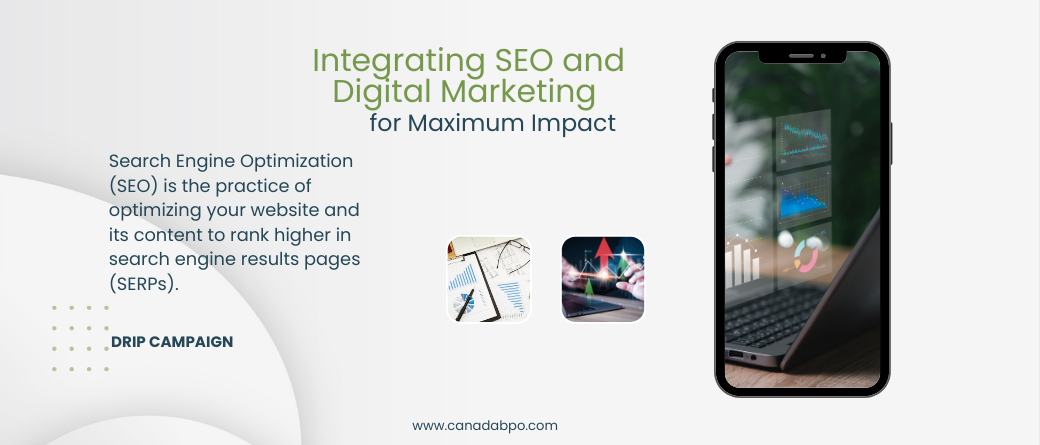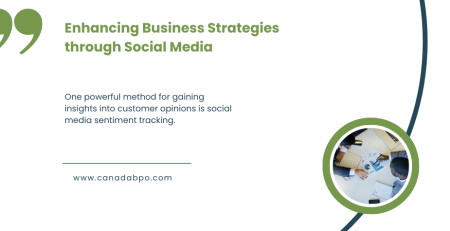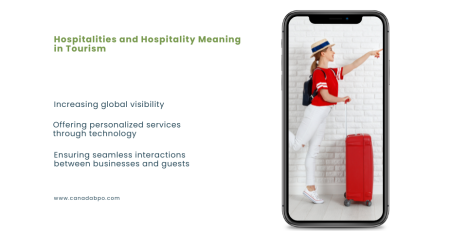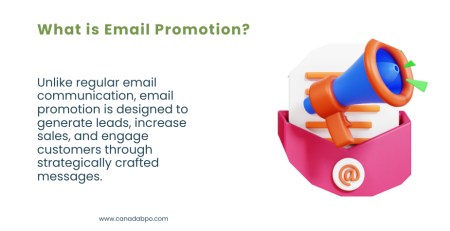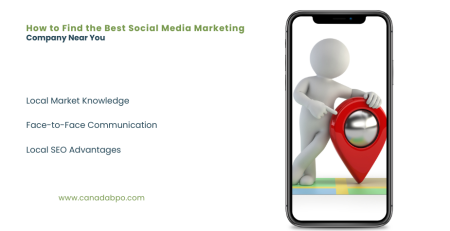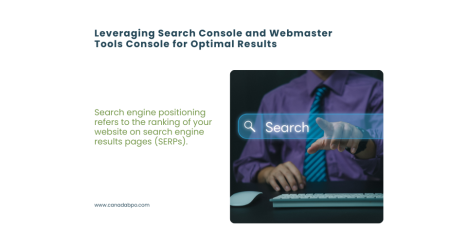One of the most powerful components of digital marketing is Search Engine Optimization (SEO). Integrating SEO into your digital marketing efforts can significantly enhance your online presence, drive targeted traffic, and improve your overall marketing ROI. In this blog post, we’ll explore the synergy between search engine optimization and digital marketing and how combining these strategies can lead to greater success.
What is Search Engine Optimization (SEO)?
Search Engine Optimization (SEO) is the practice of optimizing your website and its content to rank higher in search engine results pages (SERPs). The goal of SEO is to increase the visibility of your website to potential customers who are actively searching for relevant products, services, or information. SEO involves various techniques, including keyword research, on-page optimization, off-page optimization, and technical SEO.
Why is SEO Crucial in Digital Marketing?
- Increased Organic Traffic:
- Explanation: SEO helps your website rank higher in search results, leading to increased visibility and more organic traffic. Unlike paid advertising, which stops generating traffic when the budget runs out, organic traffic continues as long as your site maintains its rankings.
- Impact: More organic traffic means more potential customers are discovering your brand, which can lead to higher conversion rates.
- Enhanced Brand Credibility:
- Explanation: Websites that rank high in search results are often perceived as more credible and trustworthy. Effective SEO improves your site’s authority and reputation, which can positively influence consumer trust.
- Impact: Increased credibility leads to higher user engagement and a better overall perception of your brand.
- Cost-Effective Marketing:
- Explanation: SEO provides long-term benefits with a relatively low cost compared to other digital marketing strategies like paid search advertising. Once optimized, your website can attract ongoing organic traffic without continuous spending.
- Impact: SEO offers a higher return on investment (ROI) by generating traffic that doesn’t require ongoing payments.
- Improved User Experience:
- Explanation: SEO involves optimizing various aspects of your website, such as site speed, mobile responsiveness, and user-friendly navigation. These improvements enhance the overall user experience.
- Impact: A better user experience leads to higher engagement, longer visit durations, and lower bounce rates, contributing to better search rankings.
- Synergy with Other Digital Marketing Channels:
- Explanation: SEO complements and enhances other digital marketing strategies, such as content marketing, social media marketing, and email marketing.
- Impact: Integrating SEO with these channels ensures a cohesive strategy that maximizes reach and effectiveness.
Key Strategies for Integrating SEO and Digital Marketing:
- Content Marketing:
- Explanation: Content marketing and SEO go hand in hand. Creating high-quality, valuable content that targets relevant keywords helps improve search rankings and attract organic traffic.
- Action: Develop a content strategy that includes blog posts, articles, infographics, and videos optimized for search engines.
- Social Media Marketing:
- Explanation: Social media platforms can amplify your SEO efforts by driving traffic to your site and increasing brand visibility.
- Action: Share SEO-optimized content on social media, engage with your audience, and encourage sharing to boost your online presence.
- Email Marketing:
- Explanation: Email marketing can support your SEO strategy by driving traffic to your website and promoting new content or offers.
- Action: Include links to optimized content in your email campaigns and use segmentation to target relevant audiences.
- Paid Search Advertising:
- Explanation: While SEO focuses on organic search, paid search advertising (PPC) can complement your efforts by driving additional traffic and increasing visibility.
- Action: Use PPC campaigns to target keywords related to your business and direct traffic to optimized landing pages.
- Local SEO:
- Explanation: For businesses with a local presence, local SEO helps improve visibility in local search results and attracts customers in your area.
- Action: Optimize your Google My Business profile, build local citations, and encourage customer reviews.
- Analytics and Performance Tracking:
- Explanation: Monitoring and analyzing performance metrics is essential for measuring the success of your SEO and digital marketing efforts.
- Action: Use tools like Google Analytics and Google Search Console to track key metrics, analyze traffic sources, and make data-driven decisions.
Common Challenges and Solutions:
- Challenge: Keeping Up with Algorithm Changes
- Solution: Stay informed about updates to search engine algorithms and adapt your SEO strategies accordingly.
- Challenge: Measuring ROI
- Solution: Use analytics tools to track the performance of your SEO and digital marketing efforts, and measure the ROI based on key metrics.
- Challenge: Integrating Multiple Strategies
- Solution: Ensure that your SEO efforts are aligned with your overall digital marketing strategy and work collaboratively with other channels.
Search engine optimization is a critical element of digital marketing that can drive significant benefits for your business. By integrating SEO with other digital marketing strategies, you can enhance your online visibility, attract more targeted traffic, and improve your overall marketing effectiveness. Embrace a holistic approach to digital marketing and leverage SEO to achieve your business goals.
Ready to elevate your digital marketing strategy with effective SEO integration? Contact us today to learn how our expert team can help you optimize your website and drive better results.
